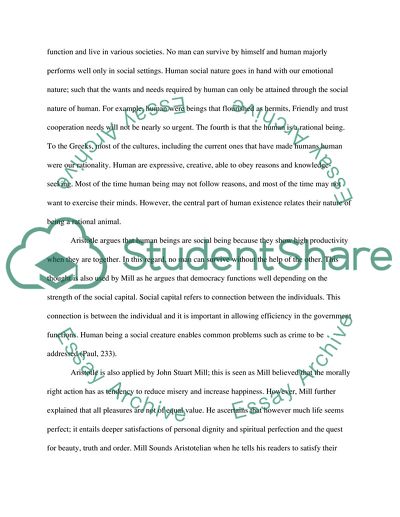Cite this document
(“Influence of Aristotle on John Stuart Mills and Karl Marxs Studies Essay”, n.d.)
Influence of Aristotle on John Stuart Mills and Karl Marxs Studies Essay. Retrieved from https://studentshare.org/social-science/1672124-in-what-ways-if-any-do-john-stuart-mill-and-karl-marx-each-seem-to-have-been-influenced-by-aristotle
Influence of Aristotle on John Stuart Mills and Karl Marxs Studies Essay. Retrieved from https://studentshare.org/social-science/1672124-in-what-ways-if-any-do-john-stuart-mill-and-karl-marx-each-seem-to-have-been-influenced-by-aristotle
(Influence of Aristotle on John Stuart Mills and Karl Marxs Studies Essay)
Influence of Aristotle on John Stuart Mills and Karl Marxs Studies Essay. https://studentshare.org/social-science/1672124-in-what-ways-if-any-do-john-stuart-mill-and-karl-marx-each-seem-to-have-been-influenced-by-aristotle.
Influence of Aristotle on John Stuart Mills and Karl Marxs Studies Essay. https://studentshare.org/social-science/1672124-in-what-ways-if-any-do-john-stuart-mill-and-karl-marx-each-seem-to-have-been-influenced-by-aristotle.
“Influence of Aristotle on John Stuart Mills and Karl Marxs Studies Essay”, n.d. https://studentshare.org/social-science/1672124-in-what-ways-if-any-do-john-stuart-mill-and-karl-marx-each-seem-to-have-been-influenced-by-aristotle.


